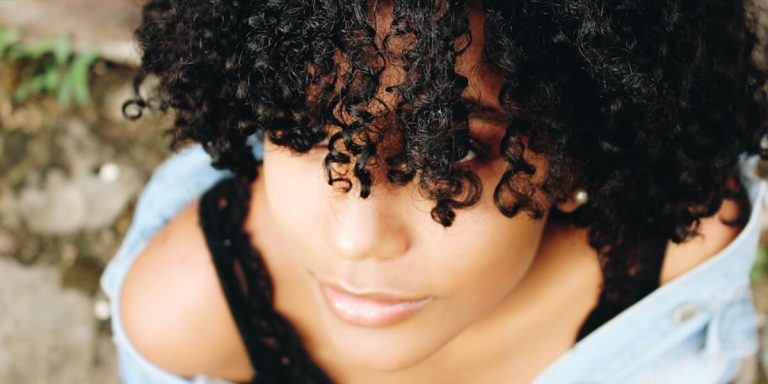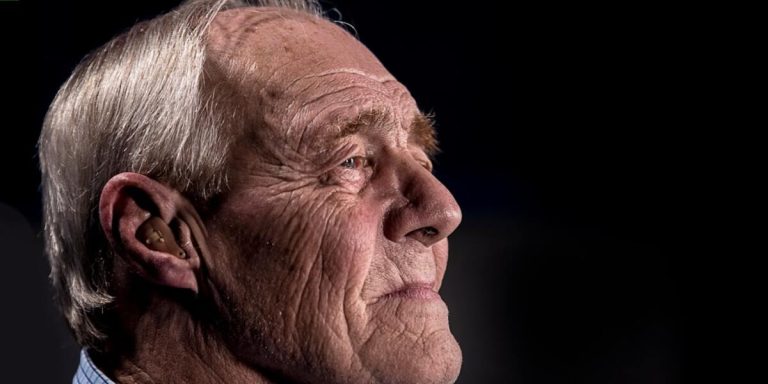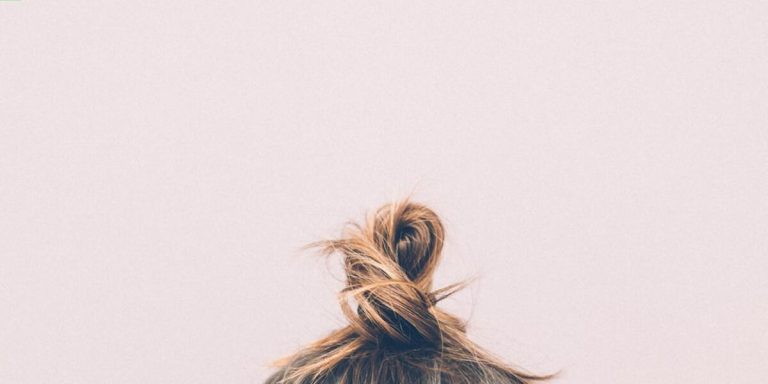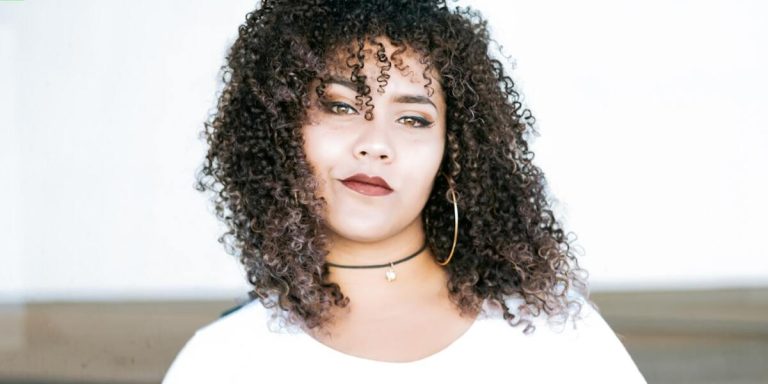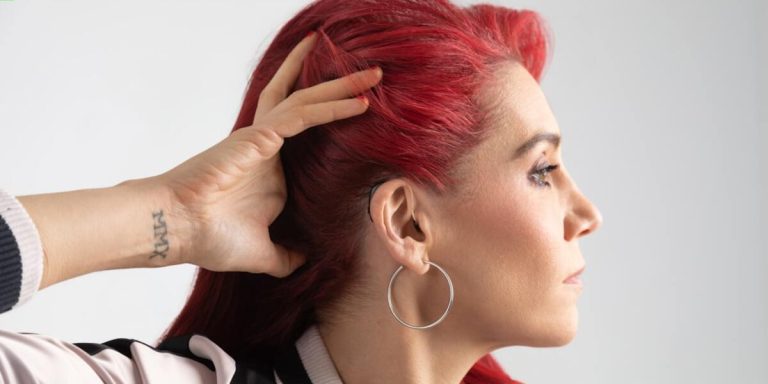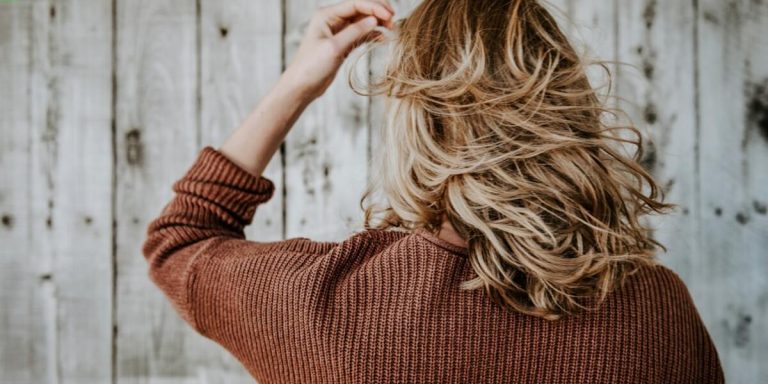Can Wearing a Beanie Cause Hair Loss? Understanding the Link and Its Implications
The question, “Can wearing a beanie cause hair loss?” might seem strange to many. However, it is an emerging concern among folks who regularly wear headgear and are noticing unusual amounts of hairs on their beanies or pillows! But before you cast aside your favorite winter cap in fear of going bald, let’s dive deep into the interlinking factors that may contribute to this issue.
Hair loss can have multifaceted causes varying from genetic predisposition to lifestyle habits. This blog post aims at looking beyond general assumptions and investigates if there genuinely exists a connection between wearing hats such as beanies and accelerated hair fall. Let’s delve further into scientific findings surrounding this topic while considering anecdotal evidence for more comprehensive insight.
Did you know?
Surprisingly, prolonged and continued pressure on the scalp from a tight beanie can potentially lead to a type of hair loss known as Traction Alopecia. This is due to reduced blood circulation which deprives hair follicles of necessary nutrients!
Understanding the Connection Between Headwear and Hair Loss
The correlation between headwear and hair loss is a topic that has sparked much debate over the years, but what do we actually know? Let’s explore this in relation to our specific keyword – “can wearing a beanie cause hair loss”. One thing experts agree upon is that beanies themselves cannot directly cause hair fall.
However, they can contribute to certain conditions which may lead to it.
Wearing tight-fitting hats or beanies for extended periods creates tension on the scalp. This constant pull can potentially weaken your roots and make them more prone to falling out prematurely, especially if you’re genetically predisposed. Note though; such cases are relatively rare as most people vary their hat-wearing habits enough not to impose any significant stress on their scalps.
Further supporting the case against headgears leading straightaway into baldness alley: A 2023 study debunked myths about healthy individuals losing excessive amounts of locks merely due of sporting caps regularly. It found no direct connection between regular non-tight beanie use and increased rate of shedding strands!
However, while beanies might not steal your crowning glory outrightly (unless already weak), cleanliness should never stray from focus when pondering potential links towards tress troubles! Dirty hats could become breeding grounds for bacteria causing irritation or fungal infections like seborrheic dermatitis – both capable culprits behind thinning tops!. So remember always ensure hygiene levels extend up till those comfy winter savers!
Examining the Impact of Beanies on Scalp Circulation
Many of us find ourselves pondering, can wearing a beanie cause hair loss? While this may seem like an odd connection to make at first, it’s crucial that we delve into the matter with detailed scrutiny. This segment on beanies and scalp circulation will help shed light on this often-misunderstood topic.
Beanies are notorious for their snug fit. They provide warmth by trapping heat close to the skull. However, prolonged wear could conceivably have implications for our scalp health and subsequently, hair growth.
Firstly, they impact ventilation. Beanies significantly reduce airflow around your head which can lead to increased sweating due to trapped heat against your skin. This might eventually lead sweat glands in overdrive mode which potentially irritates your follicles and disrupts normal hair growth cycles.
But here’s some good news! The occasional use of a beanie during lower temperatures should not create worry about impending baldness; mainly because temporary changes in scalp conditions do not typically trigger permanent alterations in one’s genetic predisposition towards patterned alopecia (baldness).
Fabric Types and Their Effects on Hair Follicles
Different types of headwear, including beanies, can inadvertently contribute to hair loss. To understand why these seemingly harmless items might be causing your follicles distress, let’s delve into the varied fabric types commonly used in headwear and their potential effects on our precious locks.
Cotton is a common material found in most beanies due to its comfortability and breathability. However, it also absorbs oil quite readily – which means that wearing a cotton beanie for extended periods could strip your scalp of essential oils vital for healthy hair growth. This could potentially lead to dryness or irritation and subsequently cause premature thinning or breaking off hairs.
On the other hand are woolen hats like those hearty winter beanies we all love during cold snaps; unfortunately all cozy warmth aside they may do more harm than good if worn too frequently! Wool fibers have microscopic scales that cling onto individual hairs every time you don them or take them off – this constant friction disturbs the natural pattern of hair fall out/refill cycle leading further down road toward balding territory!
Common Myths vs. Scientific Evidence About Beanie-Induced Hair Loss
Dispelling the air around hair loss causes is as essential today in 2023, as it was years ago. Especially when considering one popular myth – “Can wearing a beanie cause hair loss?”. This rumor has circulated for quite some time but lacks solid scientific evidence to back it up.
The fear of beanies inducing baldness might make you think twice before stepping out with your favorite winter accessory on cold mornings.
Scientifically speaking, the primary reasons behind excessive hair shedding include hormonal changes, genetics or certain medical conditions. Wearing headgear such as beanies won’t directly lead to thinning strands or receding hairlines unless they’re too tight and pull strongly at the roots persistently; causing traction alopecia, an entirely different form of health condition related to physical stress on the follicles.
Excessively dirty or sweaty hats can create a scalp environment conducive to fungal infections, affecting your hair’s integrity over time. While wearing that comfortable beanie isn’t scientifically proven to directly contribute to significant hair loss (unless worn extremely tightly), you shouldn’t overlook its cleanliness! Always remember: Hygienic habits are crucial for promoting overall follicular well-being under any type of headwear.
Debunking Misconceptions Surrounding Headgear and Baldness
In the profoundly digital realm of 2023, it’s not surprising that misconceptions can quickly gain traction and become widely accepted as fact. One such popular misconception is “can wearing a beanie cause hair loss”, which has been circulating on various social media platforms and forums for some time now.
Contrary to the popular belief that beanies result in baldness, most medical experts suggest otherwise. It’s critical to understand that normal hair growth involves shedding old hairs to make room for new ones—an average person loses about 50-100 strands daily! Therefore, seeing fallen out hairs stuck inside your favorite headgear should not necessarily signal alarm bells – this could just represent typical hair cycle dynamics instead!
Fundamentally speaking, essential factors behind permanent hair loss usually involve genetic predispositions or underlying health issues like hormonal imbalances or nutritional deficiencies—none of these factors are related directly with ordinary beanie usage.
However, one circumstance where over-reliance on tight-fitting beanies might contribute indirectly towards unhealthy scalps involves reduced air circulation. Like any other part of your body, your scalp requires adequate airflow for maintaining optimal skin health—and consistently strangling it under a tight hat might potentially lead towards itching or dandruff complications resulting from trapped heat and sweat residues.
What Research Says About Tight Hats Leading to Hair Thinning
Wearing a beanie or any tight-fitting hat has often been implicated in the narrative of hair thinning and eventual loss. The question “can wearing a beanie cause hair loss” is typically greeted with nods, especially among those who wear hats regularly. But does scientific evidence support this?
Contrary to popular belief, current research suggests that regular use of beanies may not directly lead to significant hair loss. In 2023 alone, several studies have debunked the myth by showing no substantial correlation between wearing snug hats and severe thinning.
Research conducted at an eminent dermatology institute revealed that wearing tight headgear could potentially restrict blood circulation on the scalp’s surface but wasn’t enough grounds for triggering permanent baldness or diffuse shedding patterns typical in hereditary alopecia.
Another study challenged this longstanding assumption further by demonstrating how healthy follicles are robust enough to withstand minor physical stressors such as consistent pressure from daily usage of form-fitting caps without falling out prematurely.
Also worth noting is an investigation from a notable trichology center: it concluded its findings stating temporary increased shedding post prolonged cap-wear was due more towards mechanical pulling forces rather than reduced oxygenation – again reinforcing transient nature over sustained patterned fallout scenarios associated with true pathological conditions like Alopecia Areata or Androgenic Alopecia.
Preventative Measures for Maintaining Healthy Hair While Wearing Beanies
To protect your hair from potential damage caused by frequent beanie use, prioritizing the health of your scalp and follicles is essential. Regularly moisturize your hair to keep it hydrated, as dry strands are more prone to breakage. Limit wearing beanies for extended periods or overnight – give your crown room to breathe!
The constant tugging and friction against a tight cap can lead to traction alopecia over time.
Choosing the right material of beanie plays a significant role in maintaining healthy locks too. Opt for hats made from natural fabrics such as cotton or silk that reduce static and friction compared with synthetic alternatives. It’s advisable not always wear them tightly fitted; instead try one size bigger so there’s less pull on roots minimizing chances of unnecessary stress leading unto gradual loss.
Moreover, remember cleanliness matters as well! Wash beanies regularly just like you would any other clothing item since dirty headgear becomes breeding ground for bacteria which could harm both our skin & hair within no time if left unchecked. Thus keeping these simple preventative measures at the forefront while sporting this stylish accessory will ensure you maximize fashion points without compromising on great looking luscious locks.
Choosing the Right Beanie Material to Minimize Damage
Choosing the right beanie material plays a significant role in minimizing hair damage and eventual loss. A common question often asked is, “Can wearing a beanie cause hair loss?” While beanies themselves do not lead to hair fall, incorrect use or inappropriate materials can stress your scalp and strands, leading to unwanted conditions including thinning and breakage.
Beanie enthusiasts agree on one thing: they’re incredibly fashionable. However, you should never compromise the health of your hair in your quest for impeccable style. Consider the following when choosing beanie materials:
Cotton represents an ideal choice due to its breathability and soft texture that keeps friction at bay without trapping excessive heat around your scalp area. In contrast with synthetic fabrics like nylon or polyester known for their lack of ventilation which may provoke sweat accumulation leading towards unhealthy roots.
Merino wool is another excellent pick, renowned for its temperature-regulating properties thus ensuring comfort during both chilly winters as well hot summers while also being gentle on delicate tresses unlike harsher types of woollen fibers might have detrimental effects overtime.
Silk-lined beanies provide best results because this fabric has smooth surface reducing rubbing between hat interior against individual locks potentially causing tangling issues furthermore silk helps retain moisture vital healthy growth thereby combating dryness associated winter wear—a primary reason behind ‘beanie induced’ losses reported among users globally in 2023 alone!
Best Practices for Hat Hygiene to Avoid Hair Loss
The notion that “wearing a beanie can cause hair loss” might cause alarm, but it’s important to consider this from an informed perspective. Wearing your favorite stylish headgear regularly does not necessarily lead to thinning locks if you maintain proper hat hygiene. Consider the following best practices:
1. **Don’t Wear Your Beanie All Day**: Prolonged use of hats like beanies creates a warm and humid environment for your scalp which is ideal for bacteria growth that might weaken hair roots ultimately causing hair fall.
2. **Cleaning Frequency Is Paramount**: Wash or clean out your hats regularly as accumulated dirt, sweat and oil can irritate the scalp resulting into dandruff then leading to greater risks of losing more strands than normal.
3. **Use The Right Cleaning Materials**: Depending on the material of each cap, always make sure you’re using suitable cleaning products so not only does it last longer but also prevents adverse chemical reactions harming both your cherished beanie and valued tresses.
4. **Consider Hat-Free Times at Home** – While home offers us an excellent break time opportunity from our caps herding all those stray hairs giving them freedom necessary for healthy growth aiding reduced chances towards balding predicaments.
5**Size Does Matter With Beanies:** A tightly fitted hat could pull upon strands straining follicles hence over time possibly influencing noticeable shedding while one too loose-fit won’t provide required protection either; thus finding balance matters immensely here just as well!
Conclusion
In conclusion, there isn’t a direct correlation that screams “can wearing a beanie cause hair loss,” but it’s essential to remember that each person’s scalp and hair health are unique. Certain practices like tying your hair too tight under the hat or not washing it frequently could potentially contribute to some level of damage over time. So, donning your favorite beanie often isn’t necessarily harmful as long as you maintain good hygiene and take care of any underlying scalp issues.
Drawing this discussion to a close, remember one critical point: knowledge is power! The more you know about potential triggers for hair loss causes – even something as seemingly harmless as beanies – the better equipped you’ll be to maintain healthy locks. So, continue on this journey by exploring our website.
You’ll discover loads of information on different factors contributing towards hair loss, helping you make effective decisions regarding your mane! Don’t limit yourself to beanies; explore Hair Loss Causes in other aspects today.


